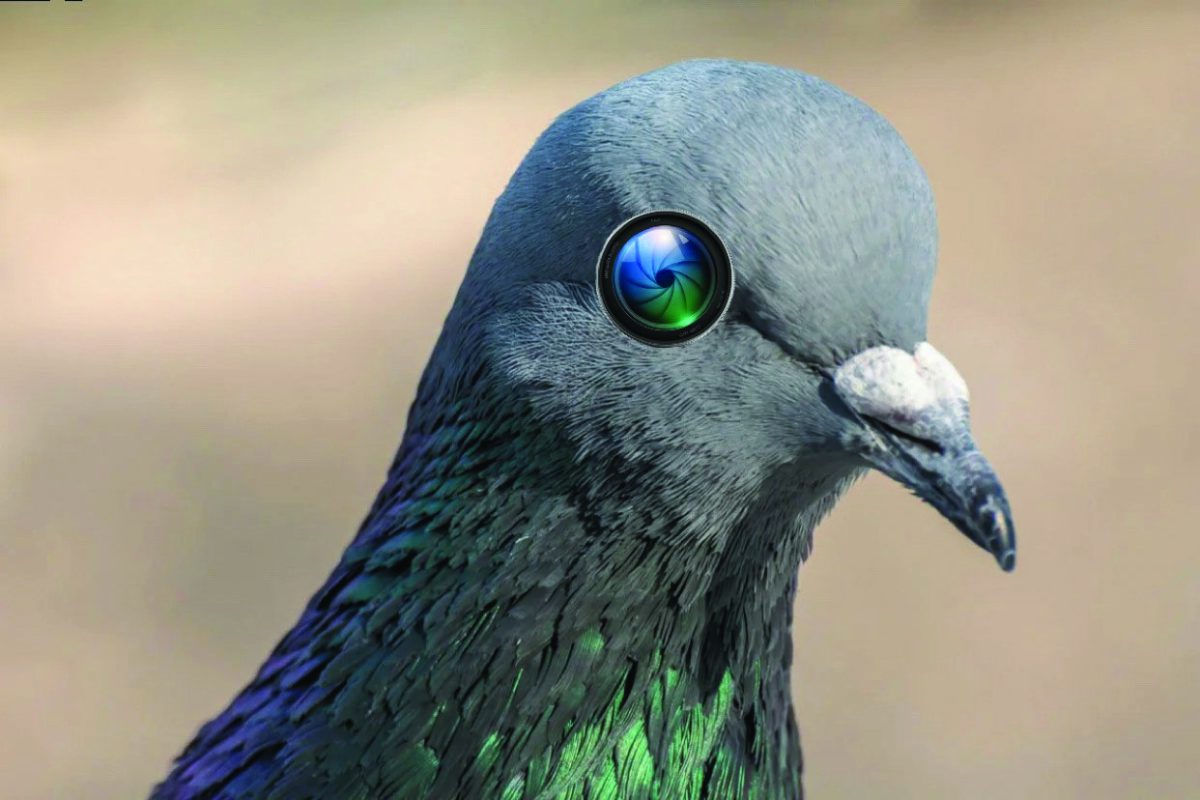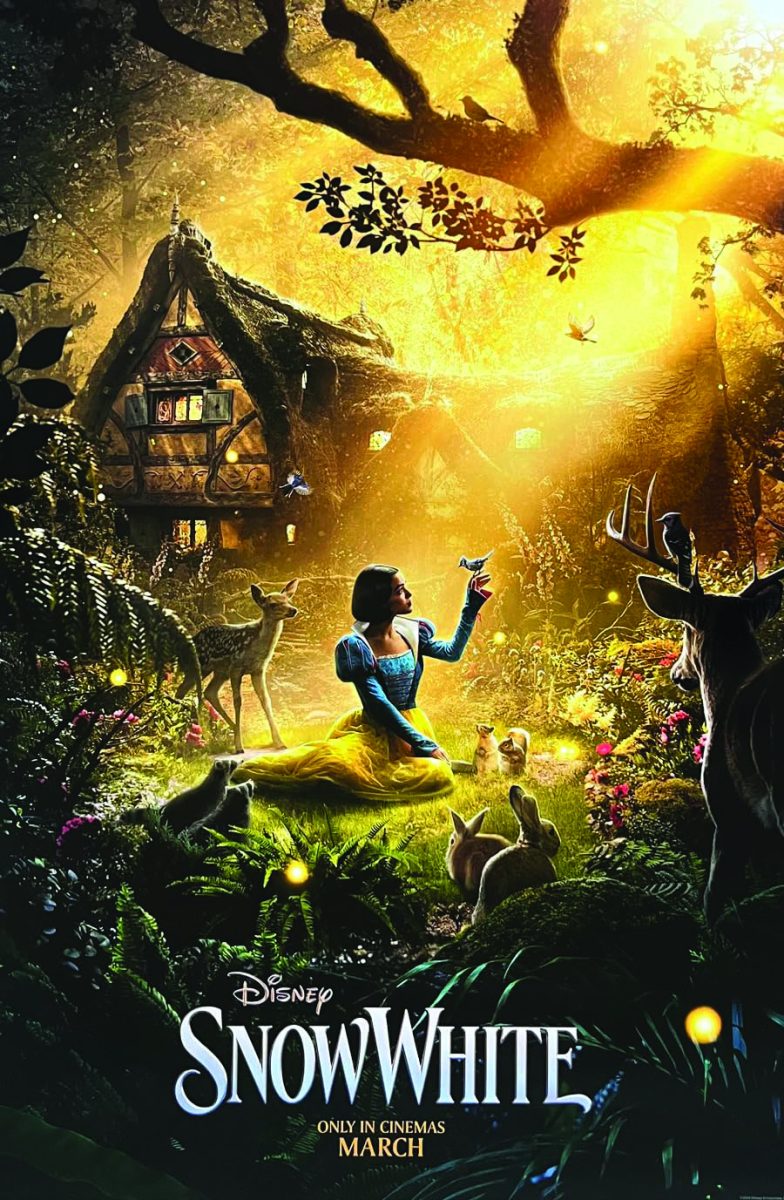There are not enough women in late night comedy. This is just a fact. Watch any late-night TV host or comedy special – The Late Show, Conan, Late Night, etc. – and you’ll see that they all have one thing in common: zero women. The exceptions, of course, are the shows’ guests, some of which are female.
The other night, I was watching Conan O’Brien as he interviewed various members of the audience on a comical situation. However, rather than the hilarity and awkwardness of the situation, I began to notice that, despite the plethora of female audience members, O’Brien only interviewed male audience members, some of whom weren’t even funny. Another recent turn of events has even seen Saturday Night Li ve cast member Cecily Strong being booted from the Weekend Update desk in exchange for newly-cast Daily Show alum Michael Che. While Strong was diplomatic about the upset, fans were shocked at the abrupt replacement, especially since Che, while having proven his comedic chops elsewhere, has thus far had no experience on the SNL stage.
ve cast member Cecily Strong being booted from the Weekend Update desk in exchange for newly-cast Daily Show alum Michael Che. While Strong was diplomatic about the upset, fans were shocked at the abrupt replacement, especially since Che, while having proven his comedic chops elsewhere, has thus far had no experience on the SNL stage.
With recent loss of late comedienne Joan Rivers and the conclusion to Chelsea Handler’s late-night talk show, Chelsea Lately, the lack of a female presence featured in comedy, whether as principle characters or just as participants, is especially lacking. Sure, there are popular female comedians like Tina Fey, Amy Poehler and Kristen Wiig, but for every popular, mainstream, female comedian out there, it seems there are at least four male comedians doing the same job. Furthermore, when looking at examples of late-night and variety shows like SNL, we may see some female comedians, sure, but few are household names, as Fey, Poehler, Wiig, and others became during their time on SNL. While there will never be another Tina Fey, just as there will never be another Carol Burnett or Gilda Radner, this does not mean that there will not be a new female comedian—one who is held in the same regard as Adam Sandler, Bill Hader or Dan Ackroyd.
The argument that women aren’t funny is nothing more than a cheap put-down by people who find bright women with a sense of humor to be intimidating. But, this excuse is succeeding in deterring potential comedians and young women as a whole. If we don’t start seeing more successful “funny women” soon, the misconception will continue to stand, even if it isn’t true.
We need more women in comedy, but, in order to do that, we need it to be less about it being a “man’s job” and more about it being a way to entertain others. There are plenty of girls out there who are funny, brilliant women, but the amount of current female role models to which they can look up are scarce. Everybody likes to laugh, and anybody can be witty and clever. But, at least in the case of women, we need to give then more of an opportunity to live up to their true potential.




